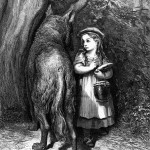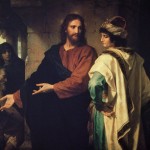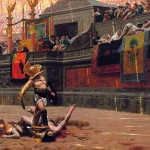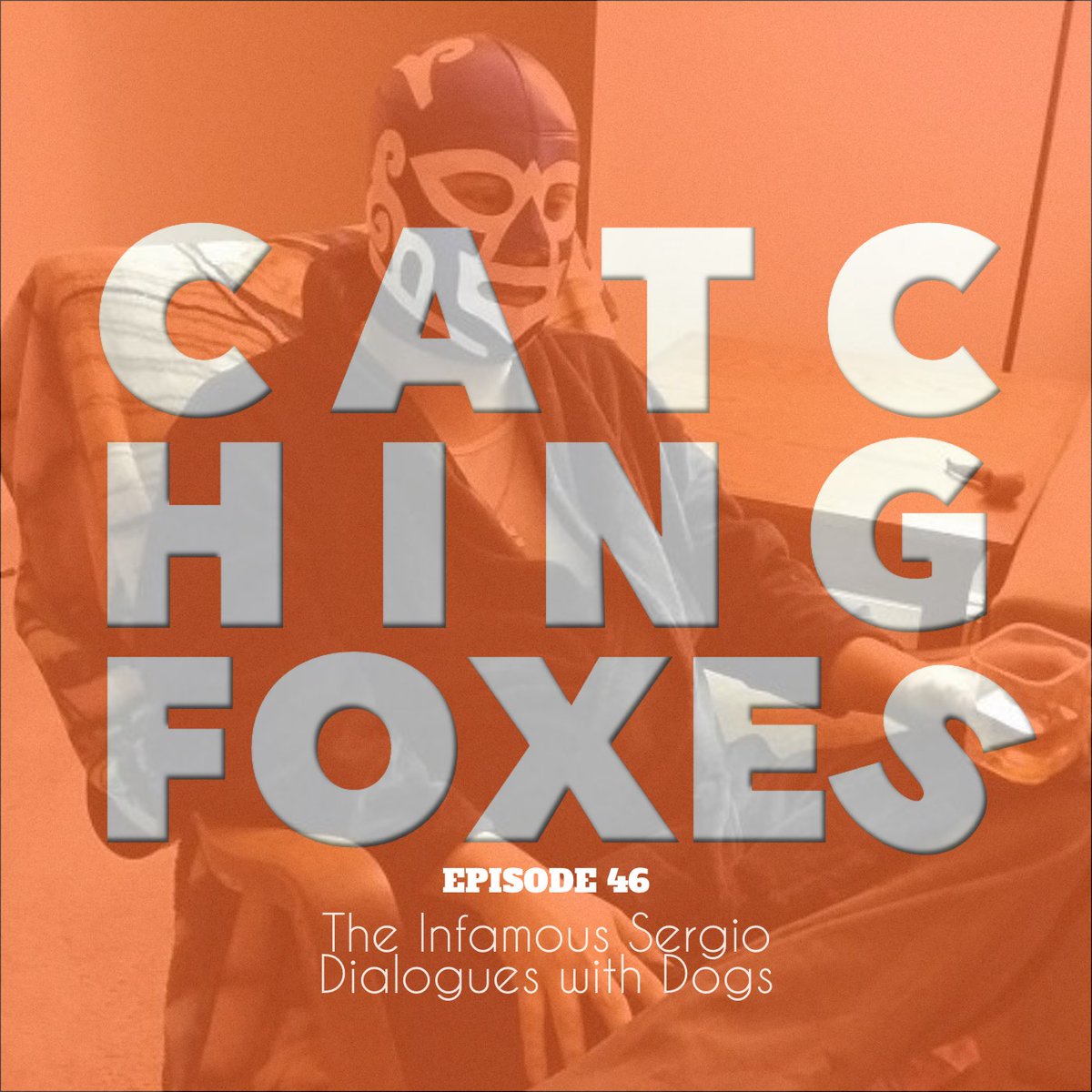It’s been sometime since my last post, and I apologize for that. There are a number of reasons why, that I won’t disclose. Needless to say, I am back.
Today, I want to talk about a term that need not carry such heavy connotations, Cultural Catholicism.
Cultural Catholicism tends to refer to a subset of people that hold tenuous ties to Catholicism, but don’t attend church or agree with doctrine. I would go further and say those that attend Church and don’t actually believe the teachings also can fall into this category. To put it another way, they are nonbelievers that merely embrace Catholicism in the most superficial way. They might go to mass on Easter, Christmas if at all. Some fast on Lenten Fridays, but more out of habit than actual understanding (or maybe they just love the deals on Fish). I point to this group of people not to shame them or ostracize them, but to point out there is a stranger problem that permeates this term. If Catholicism is merely just the idea that one maintains basic precepts at best, or just loves the imagery of the faith, then we are all at fault here.
The faith should extend beyond prayer before meals, and an hour on Sundays. Beyond the philosophers and theologians, there must be a larger more inclusive understanding of Catholicism that extends beyond just liking prominent well-known Catholic authors. In short, the world must be viewed through a Catholic lens and themes and images must be sought, rescued, and rehabilitated. This doesn’t just mean artists, we are called to live out our faith and do more than just go to mass on Sundays.
I have talked about this in the last two posts, and I maintain that the future of Catholicism rests in this powerful idea that in order for Catholicism to not only function but thrive, we must find aspects of it within the world, and even fight to maintain or create a space for it ourselves where there is none. Withdrawing our faith from the public sphere or purely relying on the political apparatus to defend our faith has not served us well and it seems foolish to continually think that somehow such things will get better.
This is where I think Cultural Catholicism has a great importance. The articulation of the Faith, or at least certain ideas within the faith, is still present. Many notable lapsed Catholics still say things worth saying and can be viewed with a Catholic perspective. Some of it isn’t perfect and those ideas must be challenged or rejected. Also, not every artist that plays with ideals in their art are Catholic, and despite that, we can still take what they are saying and learn from it. That’s ok too.
How does this tie into the events we see transpire on the news? Well, there is much talk of racism and mass deportations, and many of the presidential candidates are ok with abortion, torture and other things we are called to reject. Even more painful perhaps, is the slow realization that we, as citizens, may be unable to stop a rising tide. Let’s be real here, our next United States President may be Donald Trump or Hillary Clinton (both are fairly awful in my opinion).
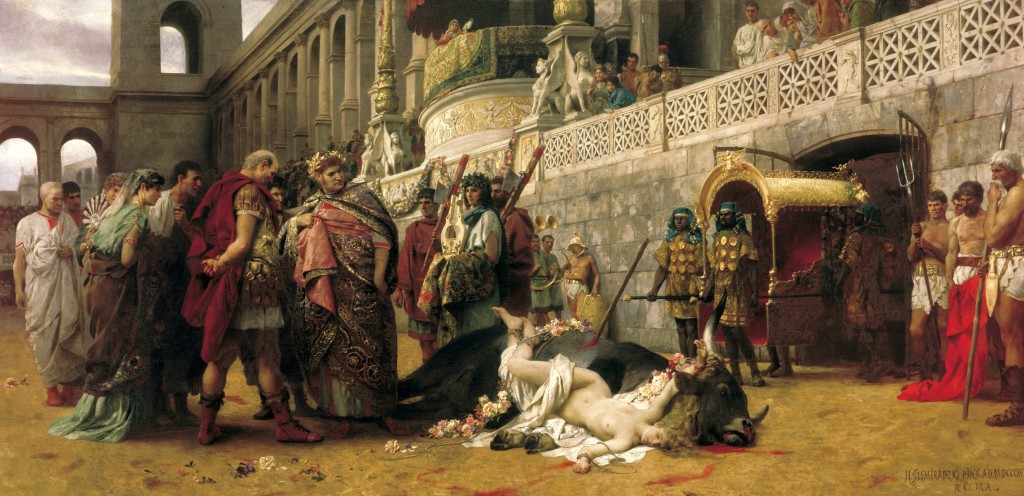
I would suggest that, it’s sadly irrelevant what happens as far as who becomes president. People come and go, and that struggle for good and living out God’s Will never ends. As Catholics, we not only know there is a life beyond this, but that the Church has gone through more than it’s share of rough times, and if I’m being honest we’ll go through many more. This is not an admission of defeat or hopelessness. It’s more an acknowledgement that The Church endures and the tribulations we survive today, should be passed down as lessons for future generations. How we do so, is something I’ve written about before, we do it in the stories we tell. In the images of art and transmission is crucial. Everybody tells stories, people have been doing so for a long time. It’s time we think about the stories we want to tell the future.
Image used is public domain / Wikimedia Commons.

